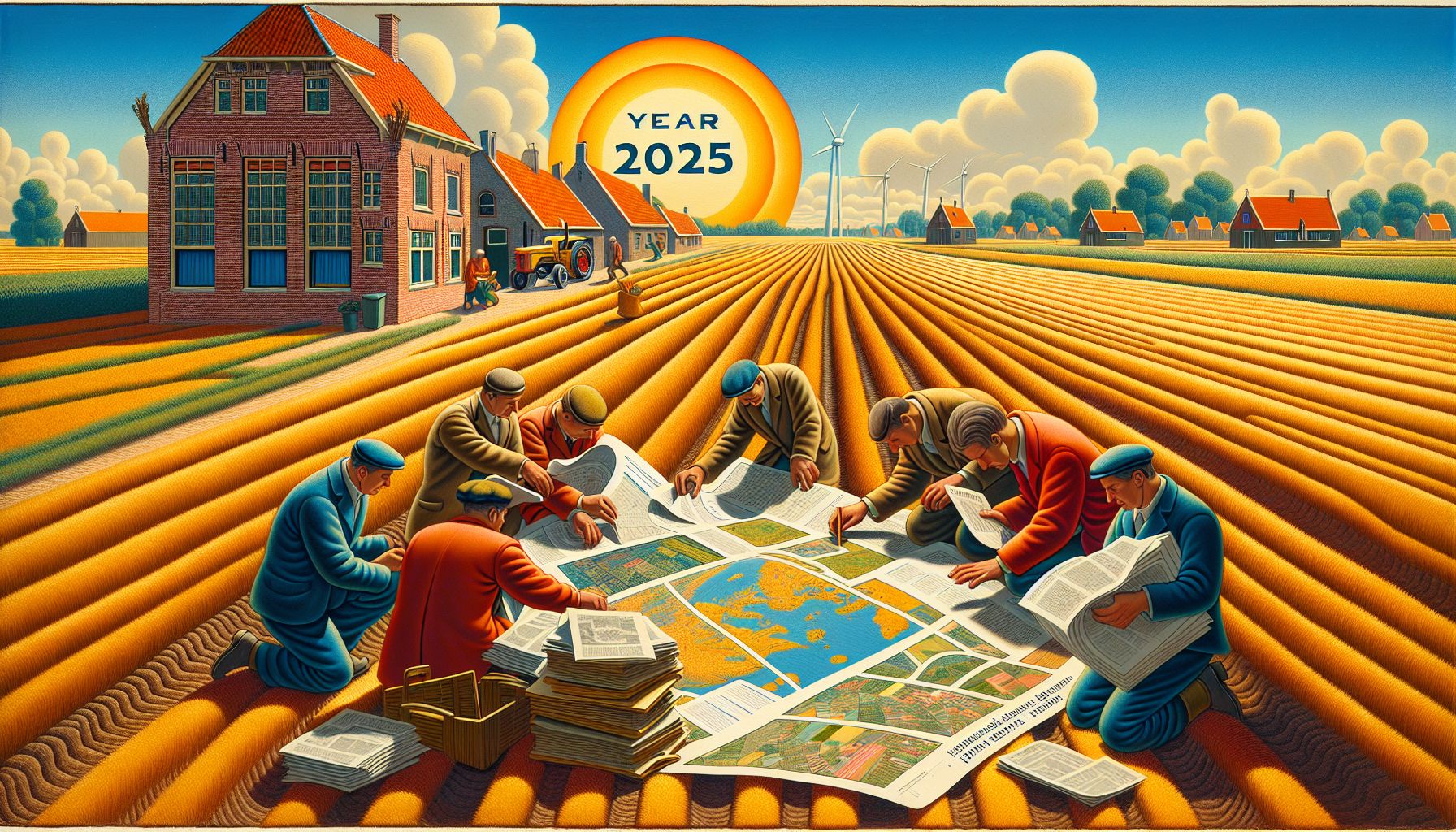Dutch Farmers Face Regulatory Hurdles in Sustainable Agriculture Shift

The Hague, Monday, 11 November 2024.
Dutch farmers grapple with complex PAS regulations and nitrogen emission rules, hindering their transition to sustainable practices. As a 2025 compliance deadline looms, both government and farmers struggle to navigate the evolving legislative landscape, highlighting the need for clearer policies and increased support.
The PAS Legislation Challenge
The Dutch government’s Programma Aanpak Stikstof (PAS) legislation is at the heart of the current regulatory quagmire. Designed to mitigate nitrogen emissions, it has inadvertently placed many farmers in a precarious position. With a compliance deadline set for mid-2025, the process of legalizing farms under this new framework has been sluggish, creating an atmosphere of uncertainty and anxiety among Dutch farmers. This legislative bottleneck underscores the pressing need for more than just financial assistance—farmers require clear guidelines and a supportive policy environment to transition toward sustainable practices effectively[1].
Comparative Challenges in the EU
While the PAS struggles are unique to the Netherlands, the broader European agricultural sector faces its own set of challenges. According to the European Environment Agency, the EU aims to reduce non-CO2 greenhouse gas emissions by 7% below 2005 levels by 2030. However, current projections indicate that these reductions might only reach 4% without additional measures. This highlights a critical gap in achieving the EU’s climate-neutral goals by 2050, further stressing the need for innovative regulatory and technical solutions across member states[2].
Innovative Solutions from Spacenus
Amidst the regulatory hurdles, companies like Spacenus are pioneering solutions to aid farmers in their transition to sustainable agriculture. Based in Germany, Spacenus leverages satellite remote sensing and AI technology to offer precision farming and soil carbon monitoring solutions. Their approach not only helps in reducing nitrogen usage but also assists in meeting carbon management goals. This technology enables farmers to optimize yields while minimizing environmental impact, providing a scalable model for sustainable agricultural practices[3].
Path Forward: Collaboration and Support
The path to sustainable agriculture in the Netherlands and across Europe requires collaborative efforts among farmers, governments, and technology innovators. The current situation calls for a united approach where financial resources are complemented by technical support and policy clarity. As Dutch farmers face the looming PAS deadline, the integration of innovative solutions like those from Spacenus could play a pivotal role in aligning agricultural practices with climate targets[1][3].

